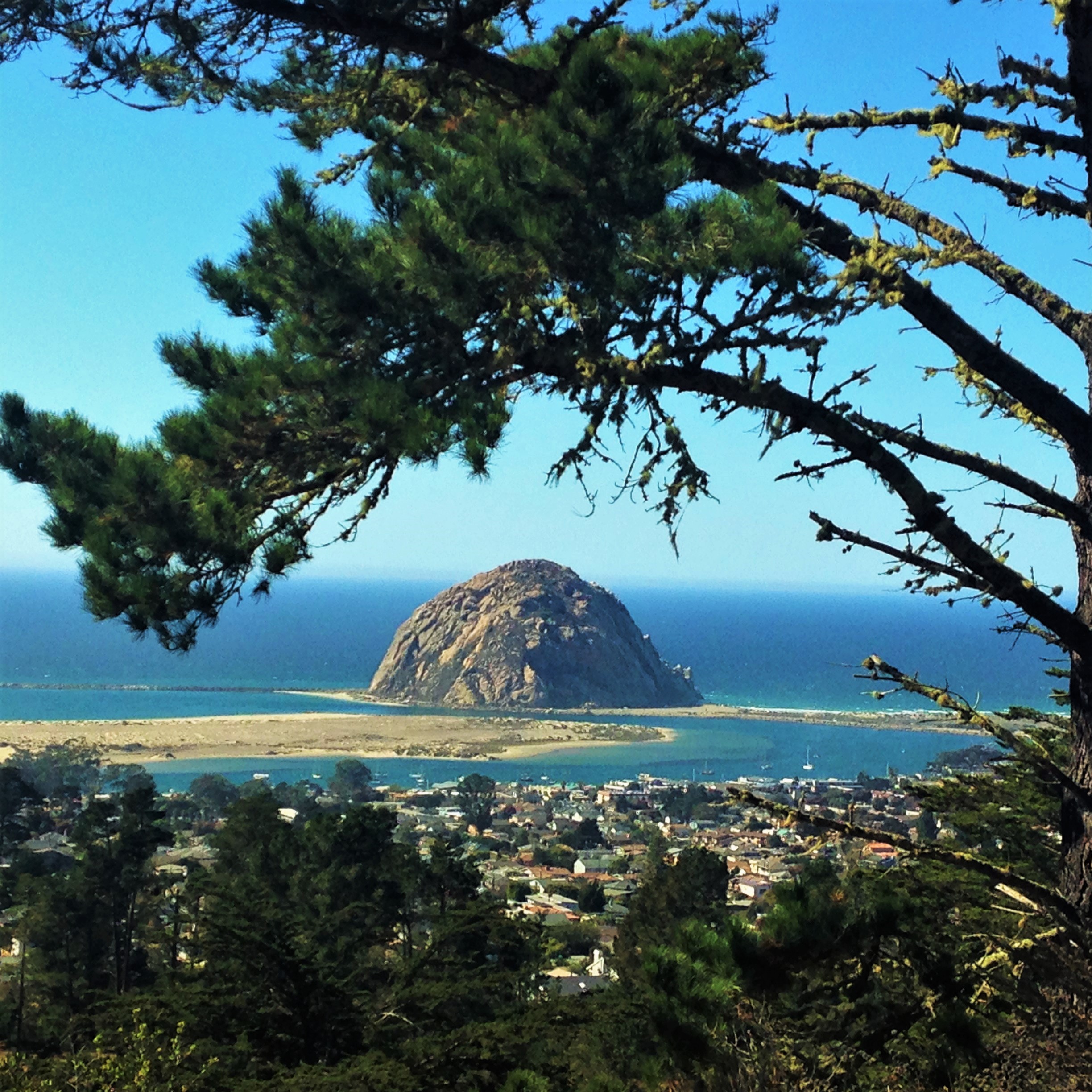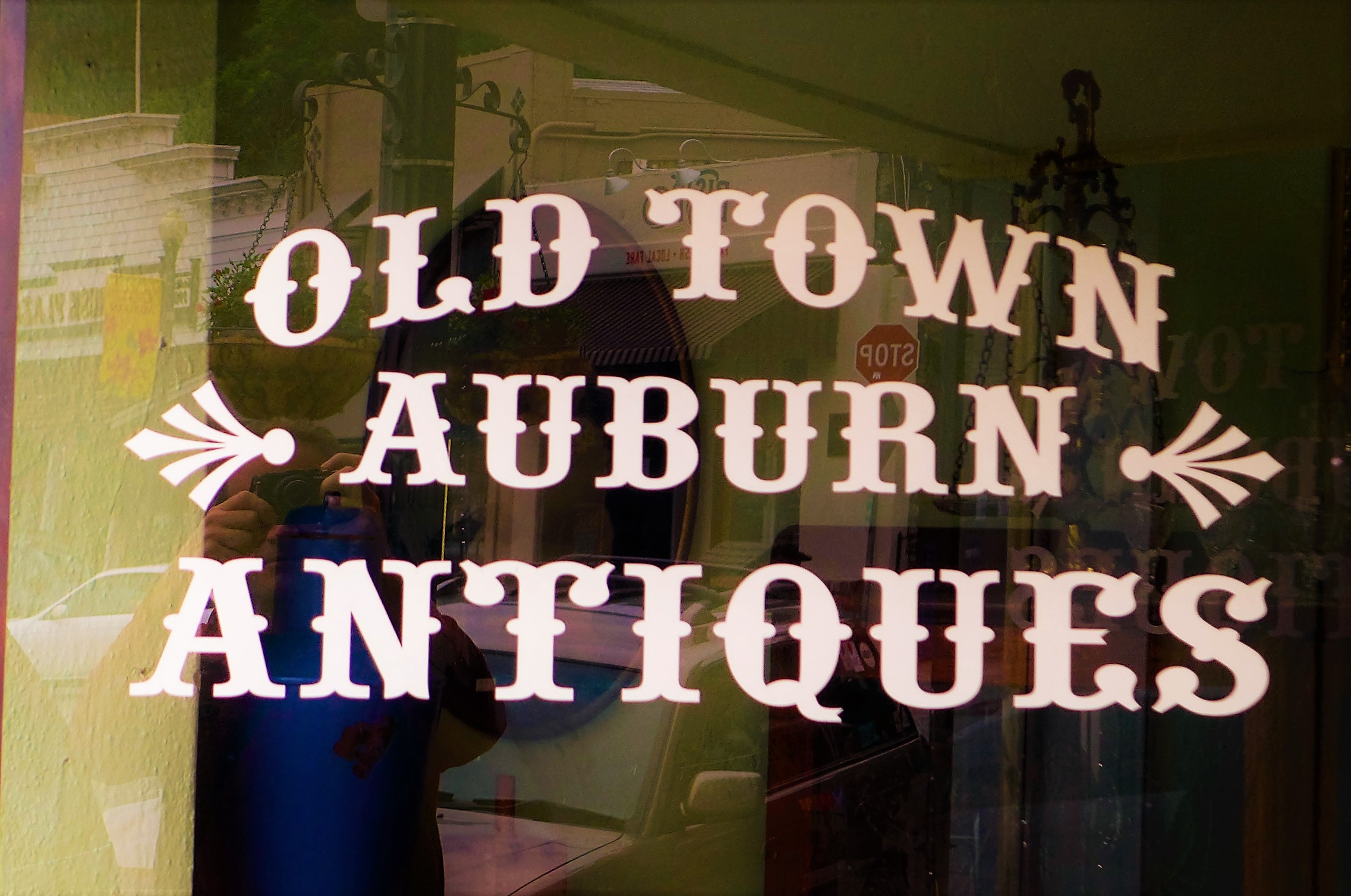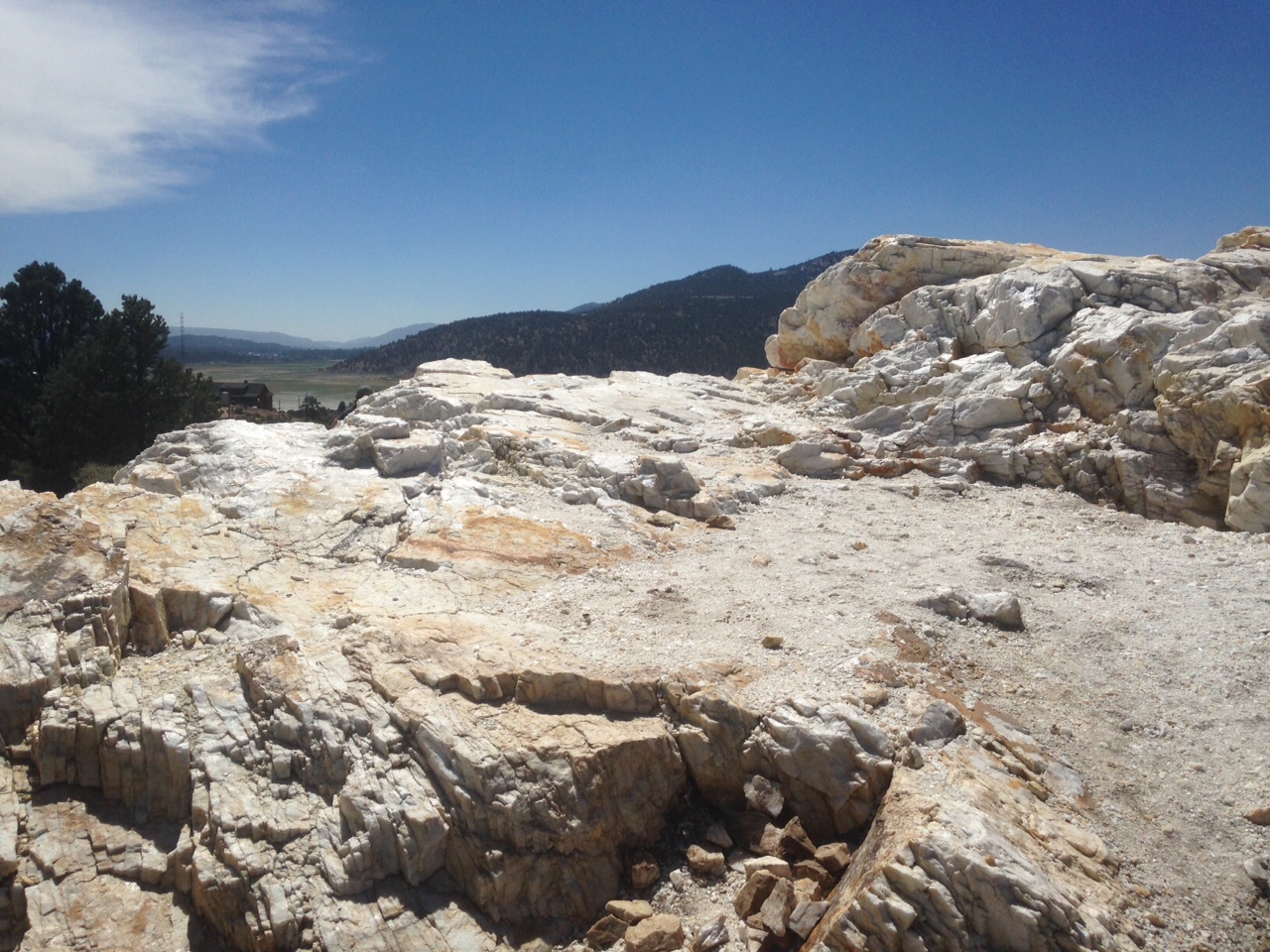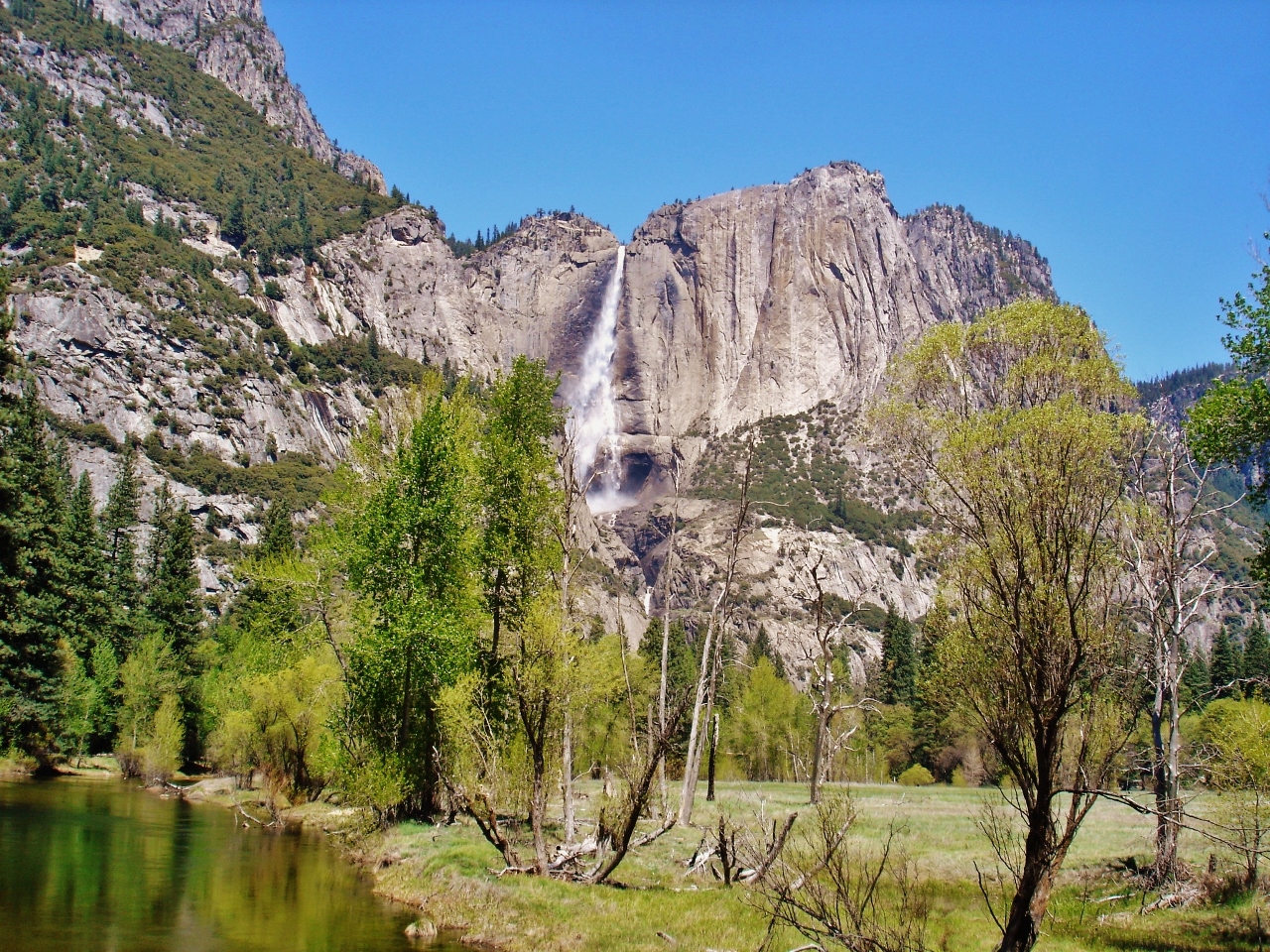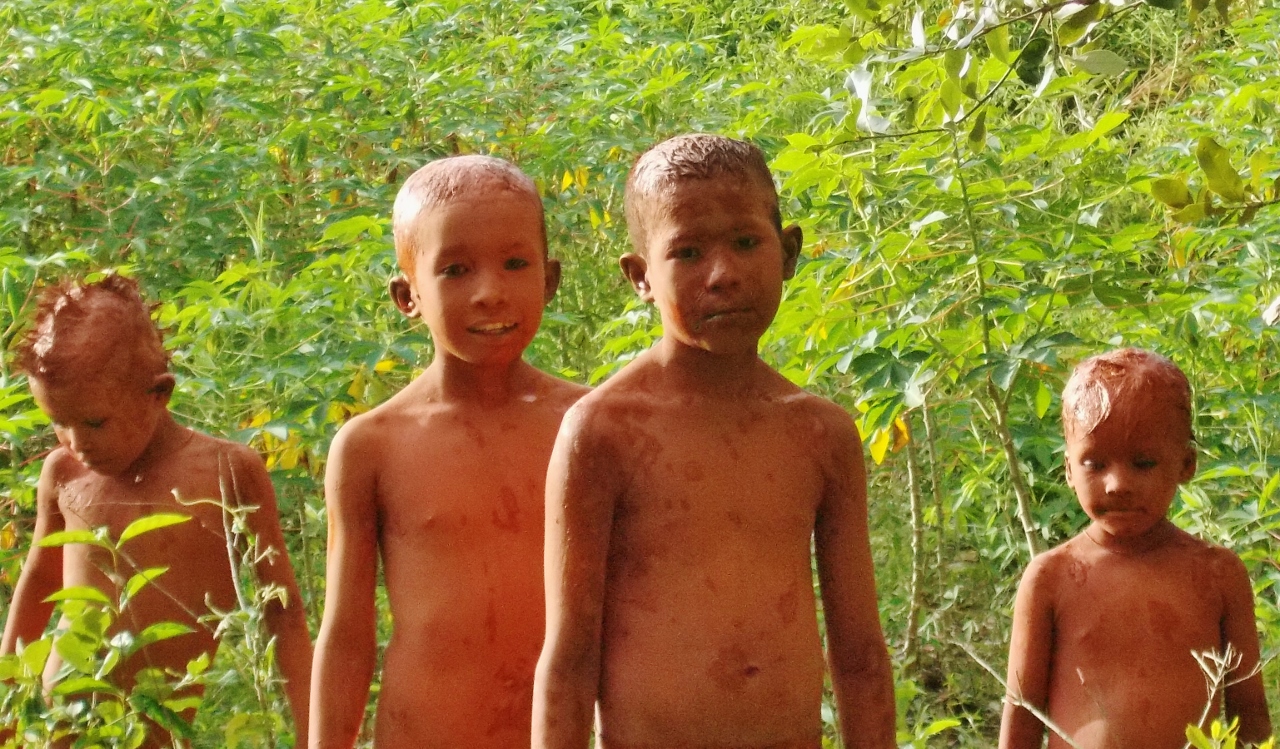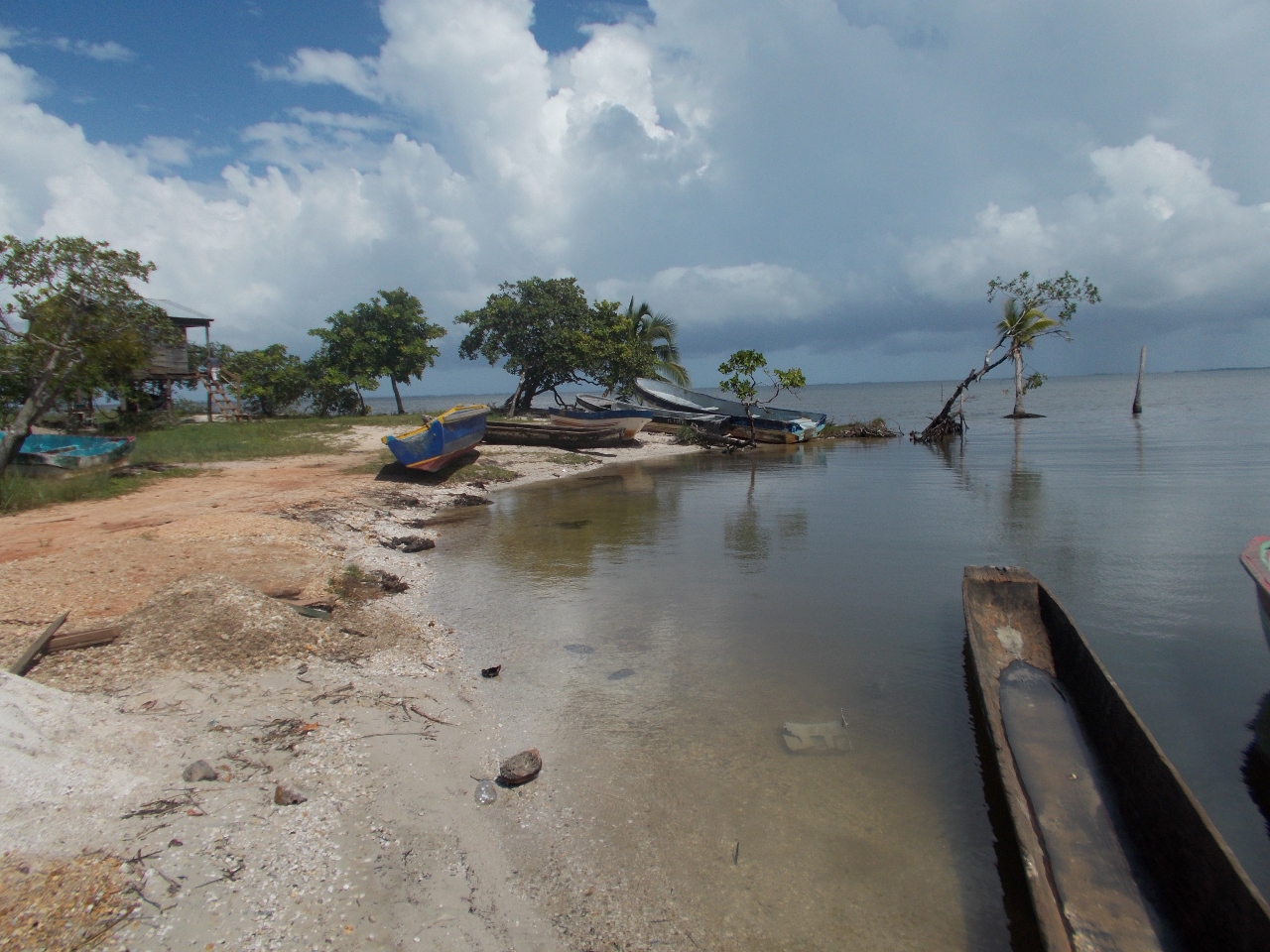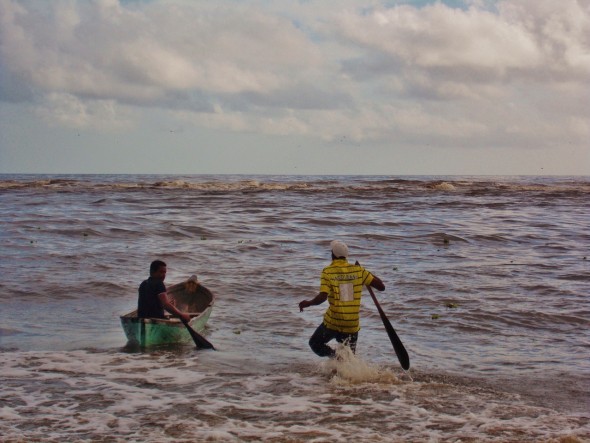Morro Bay, the bounty of sea, dune, bay, and estuary ebb and flow against the sacred Nine Volcanic Sisters, the rocky Morros. Small town charm coexists with protected parkland and one of the few remaining functioning wetland estuaries in overpopulated California, a direct counterpoint to its channelized and endlessly pumped and polluted waterways. The landscape invites migrating birds and tourists, fosters endangered plants and animals, and allows fish populations to thrive.
Eco-Cultural-Travel
A melding of ecology, culture and travel with an emphasis on eco-tourism at the level of communities.
Old Town Auburn, Portrait of a Gold Rush Town
On a visit with the Outdoor Writers Association of California to the Sierra Nevada town of Auburn, the dark and light of the gold rush history sparkles its brick-faced brilliance in a stroll through Old Town.
Eye of God: Big Bear’s Sacred Site of Creation
Big Bear in the San Bernardino Mountains has year-round outdoor attractions, including skiing, hiking, boating, and fishing. Yet long before the resorts, the area was called Yuhaviat, or “Pine Place” by the original inhabitants, the San Manuel Band of Serrano Mission Indians, with their sacred site of snow quartz called the Eye of God.
Yosemite: An Ecosystem Nourished By Wildfire
Though the Rim Fire of 2013 was the third largest conflagration in California’s history, it improved the ecological health of the forest and the majority of the iconic landscapes of Yosemite National Park remained unscathed. A salvage logging plan approved by the US Forest Service put in danger the regenerating effects of the fire.
Blessing for La Moskitia, A Culture and Land in Transition
Historically a roadless fishing port with little development nor electricity, Puerto Lempira has transformed into a boom-town, host to drug traffickers, nearby military bases, and oil and gas development. In an effort to overcome this adversity, we participated in a blessing for the people and their land and culture in transition, directed by a local Miskitu sukya, or healer, and members of the community.
Miskitu Portrait: Lobster and Life on Laguna Caratasca
Puerto Lempira lies on the shore of the sweetwater Laguna Caratasca, just west of the Caribbean in La Moskitia, Honduras. The largest Miskitu town in the region, with an ailing lobster industry in an atmosphere of post-coup insecurity and governmental corruption, many turn to drug trafficking for income.
Miskitu Coast of Honduras: Harvesting Jellyfish at the Rio Kruta
On a recent trip to the Kruta River near Cape Gracias a Dios on the Honduran Caribbean and the Nicaraguan Border, life without roads and little electricity proceeds slowly, detached from the world at large. Yet, drug trafficking is changing the economy and the culture of the Miskitu People, and due to overfishing, local people can only turn to harvesting jellyfish for China as an honest source of revenue.

